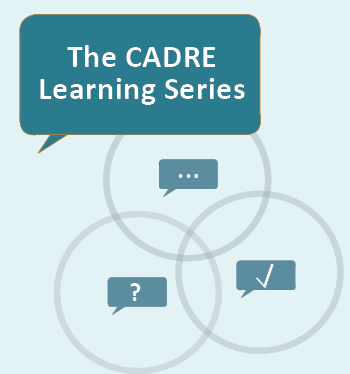“Educational Facials”: A Healing Tool for the Beautiful Struggle
Kari Kokka (CAREER Awardee) and Michelle Cody co-authored this Education Sciences article.
Kari Kokka (CAREER Awardee) and Michelle Cody co-authored this Education Sciences article.
Vanessa N. Louis (2022 CADRE Fellow) and Natalie S. King published this Equity & Excellence in Education article.
Deborah Hanuscin, Emily Borda, Josie Melton (2017-18 CADRE Fellow), and Jamie N. Mikeska (2010-11 CADRE Fellow) published this article in the International Journal of Science and Mathematics Education.
Patricia Buenrostro (2018-19 CADRE Fellow) and Monica L. Miles published this article in The Urban Review.
Jessica Rodrigues (CAREER Awardee) received a 2024 ARIS Emerging Broader Impacts Leader Award.
Tajma Cameron (2024 CADRE Fellow), Samuel Lee (2024 CADRE Fellow), and Vanessa Louis (2022 CADRE Fellow) were named 2024-2025 NARST Sreyashi Jhumki Basu Scholars.
K.C. Busch (2013-14 CADRE Fellow) and Terrell Morton (2018 CADRE Postdoc; CADRE Co-PI) received the 2024 NARST Early Career Research Award.
Join NSF on Thursday May 2nd at 2pm ET for a webinar on the newly revised Computer Science for All (CSforAll:RPP) solicitation.
